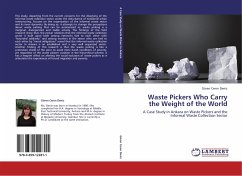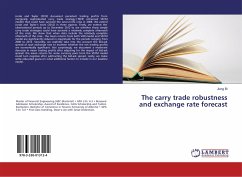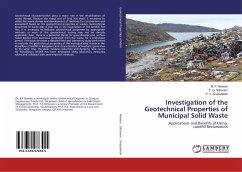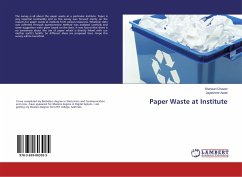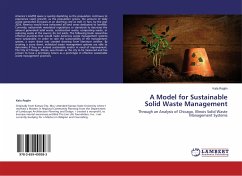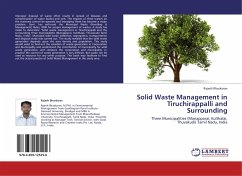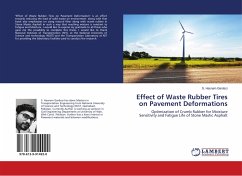This study, departing from the current concerns for the dissolving of the informal waste collection sector under the disturbance of neoliberal urban restructuring, focuses on the organization of the informal waste sector and its inner dynamics. By doing so, it attempts to change the perceptions about waste picking that can be summarized as; waste picking is a marginal, disorganized and stable activity. The findings of the field research show that, the power relations that the informal waste collection sector is built upon both among networks tied to each other with bounded solidarity and among workers in the sector who are tied to each other by moral obligations reveal that the informal waste collection sector in Ankara is an established and a very well organized sector. Another finding of this research is that the waste picking is like a protection shield of the poor to avoid more harsh conditions of poverty, yet regardless of the waste pickers position in the hierarchical scheme, it has a magnet affect on altering the social exclusion of waste pickers as it articulates the experiences of forced migration and poverty.
Bitte wählen Sie Ihr Anliegen aus.
Rechnungen
Retourenschein anfordern
Bestellstatus
Storno

